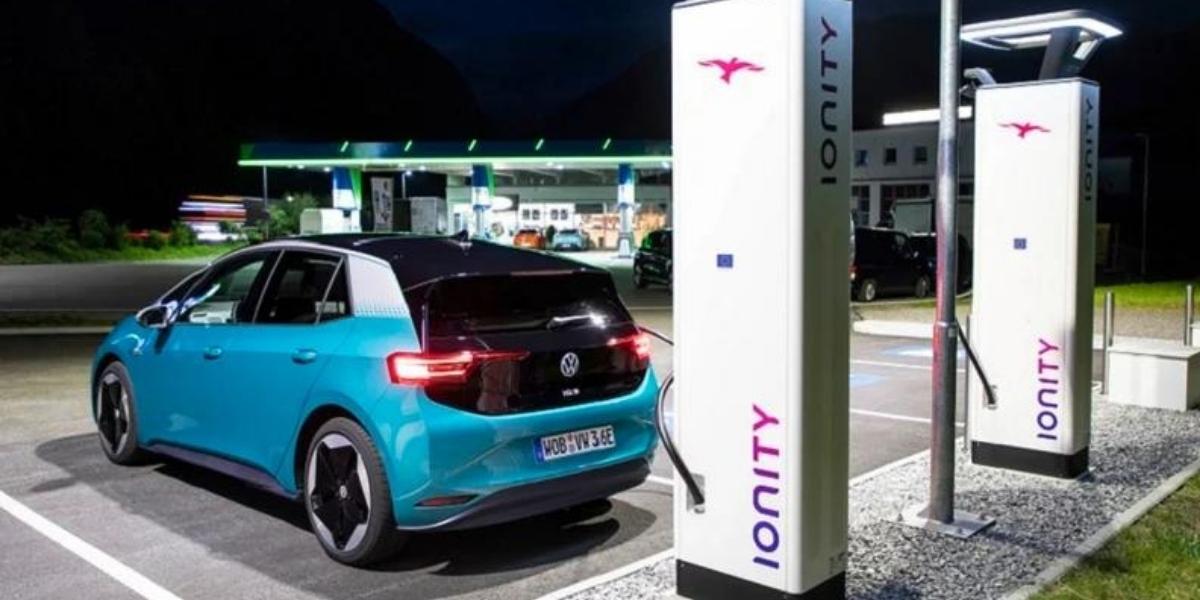
Poland may finally respond to Ukraine's request fo...
news-extra-space

 Although there are other restrictions, these are the main targets. Manufacturers who produce fewer than 10,000 cars or 22,000 vans per year, for instance, will only be required to fulfill the final 2035 target for reduced emissions, not the intermediate one of 2030.
This so-called "Ferrari provision" was created to defend smaller automakers who produce fewer models annually than more established producers.
Additionally, the agreement contains a non-binding proposal to permit the production of cars "operating completely on CO2-neutral fuels" (often referred to as "e-fuels") beyond 2035 if these vehicles "fell outside the scope of the fleet standards."
This clause has drawn criticism from those who claim it is a significant loophole, while others claim it is only an attempt to appease some European groups without affecting the law's primary objective of getting rid of emissions from EU vehicles.
Although there are other restrictions, these are the main targets. Manufacturers who produce fewer than 10,000 cars or 22,000 vans per year, for instance, will only be required to fulfill the final 2035 target for reduced emissions, not the intermediate one of 2030.
This so-called "Ferrari provision" was created to defend smaller automakers who produce fewer models annually than more established producers.
Additionally, the agreement contains a non-binding proposal to permit the production of cars "operating completely on CO2-neutral fuels" (often referred to as "e-fuels") beyond 2035 if these vehicles "fell outside the scope of the fleet standards."
This clause has drawn criticism from those who claim it is a significant loophole, while others claim it is only an attempt to appease some European groups without affecting the law's primary objective of getting rid of emissions from EU vehicles.
 The latter note that the requirement that these cars must "fall beyond the scope of the fleet standards" suggests that only specialized cars, like ambulances and fire engines, will be able to benefit from this carve-out.
Before the legislation is formally passed, EU legislators promised to refine the language of this proposal, which should help clarify what it entails.
The accord was lauded and claimed to "provide certainty for the automotive industry and drive innovation and investments for car makers" by Jan Huitema, a Dutch centrist politician who negotiated on behalf of the European Parliament.
The latter note that the requirement that these cars must "fall beyond the scope of the fleet standards" suggests that only specialized cars, like ambulances and fire engines, will be able to benefit from this carve-out.
Before the legislation is formally passed, EU legislators promised to refine the language of this proposal, which should help clarify what it entails.
The accord was lauded and claimed to "provide certainty for the automotive industry and drive innovation and investments for car makers" by Jan Huitema, a Dutch centrist politician who negotiated on behalf of the European Parliament.
Leave a Reply






